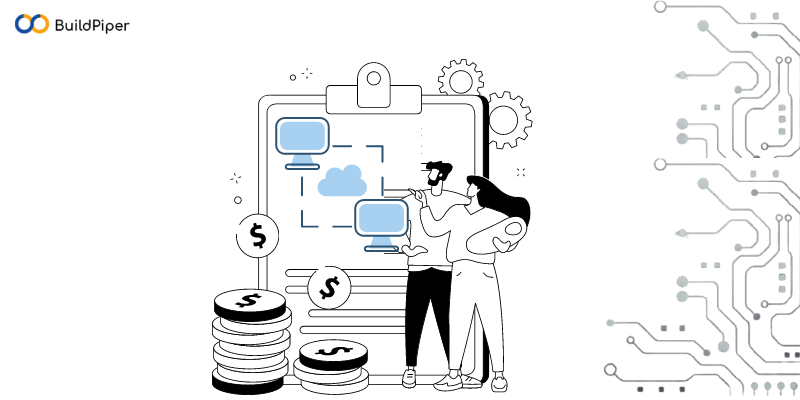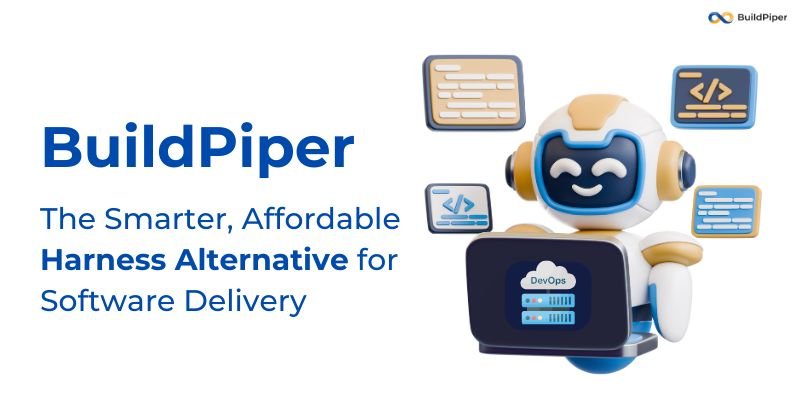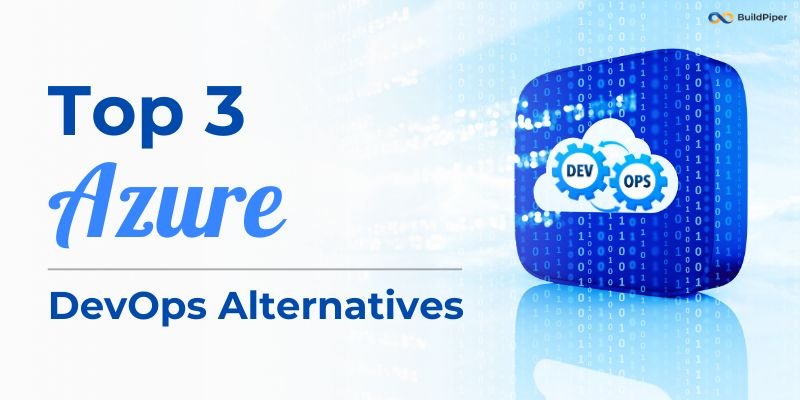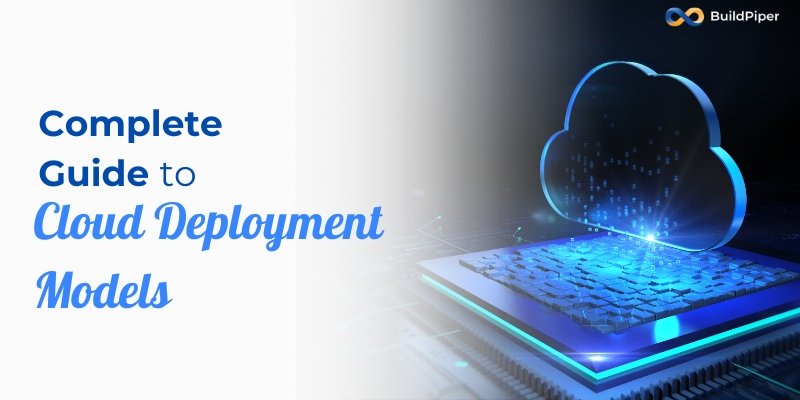Rapid increase in Hybrid Cloud Computing!
Hybrid cloud strategies are on the rise! A 2019 report by Flexera found that enterprises with a hybrid strategy (combining public and private clouds) grew to 58% in 2019 from 51% in 2018.
Read more about hybrid cloud infrastructure and the benefits of switching to hybrid cloud computing, here in this blog.
What is a Hybrid Cloud?
Before we know in detail about the basic benefits of Hybrid Cloud computing, it’s important to know hybrid cloud architecture.
A hybrid cloud environment comprises a workload portability, orchestration, and management across two or more computing environments which is typically a mixture of a private (on-premise) cloud and a public (off-premise) cloud.
Business Benefits of Hybrid Cloud Computing!
Hybrid cloud computing offers numerous benefits and advantages to business organizations. Listed here are some of the benefits of hybrid cloud computing.
Better Support for a Remote Workforce!
One of the major benefits of cloud is the access to data anytime from anywhere. A hybrid cloud helps businesses with the flexibility to support their remote and distributed employees with on-demand access to data. They can easily move core or sensitive data to their private on-premise servers while making key applications and services available on the public cloud (and accessible from any location with the right logins).
Reduced Costs!
Cost is a key factor for many enterprises considering migrating to the cloud. A hybrid cloud is an ideal option for companies that want more security and control of their data,
but need a cost-effective way to scale their daily business operations to meet increase in demand and achieve enhanced business growth.
With the help of hybrid cloud, business organizations can keep their core, business-critical, and sensitive data on their private, on-premise servers while shifting less sensitive data and applications to the public cloud.
When demand increases, business organizations with a hybrid cloud option can avoid making huge investments in expanding their infrastructure. Instead, they can leverage the advantages of cloud by paying for the cloud resources they use.
Improved Scalability and Control!
One of the major benefits of cloud computing is the ability to provide greater control over data. As businesses evolve, the demand for IT services fluctuates. Hybrid cloud allows businesses to scale their workloads accordingly.
Moreover, hybrid cloud supports increased automation that allows users to adjust cloud settings for responding automatically to changes in demand, optimizing performance and efficiency.
While adoption of hybrid cloud environments do provide a high level of control, flexibility and security, they also bring a new level of complexity. This complexity can be in the form of integration, management, monitoring, security or governance. Thus, to ensure a seamless and hassle-free adoption of hybrid cloud, it’s important to choose a perfect hybrid cloud management service provider.
OpsTree Solutions & OpsTree Labs, a highly specialized DevSecOps engineering company and Technology Transformation Partner is an expert in making the application delivery lean, agile and highly productive through the best-in-breed Cloud & DevSecOps platform and solutions.
By leveraging out-of-the box hybrid cloud management services offered by OpsTree, businesses can extensively focus on greater ROI, reduced time to market and enhanced business growth.
Click here to know more about OpsTree and its services!
Buildpiper is an End to End Microservices Delivery Platform.









